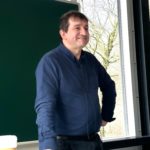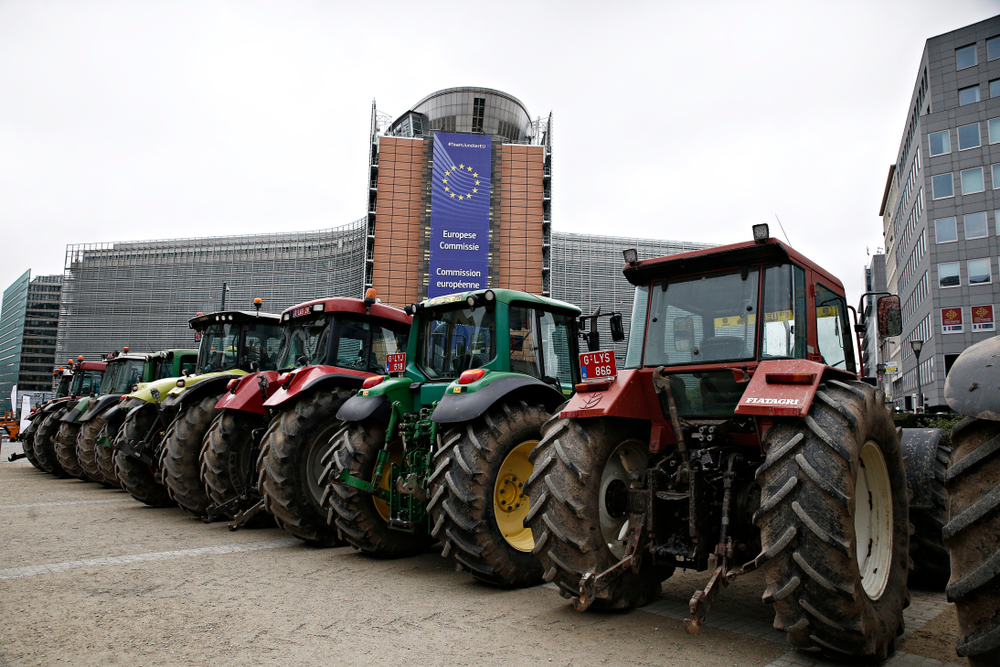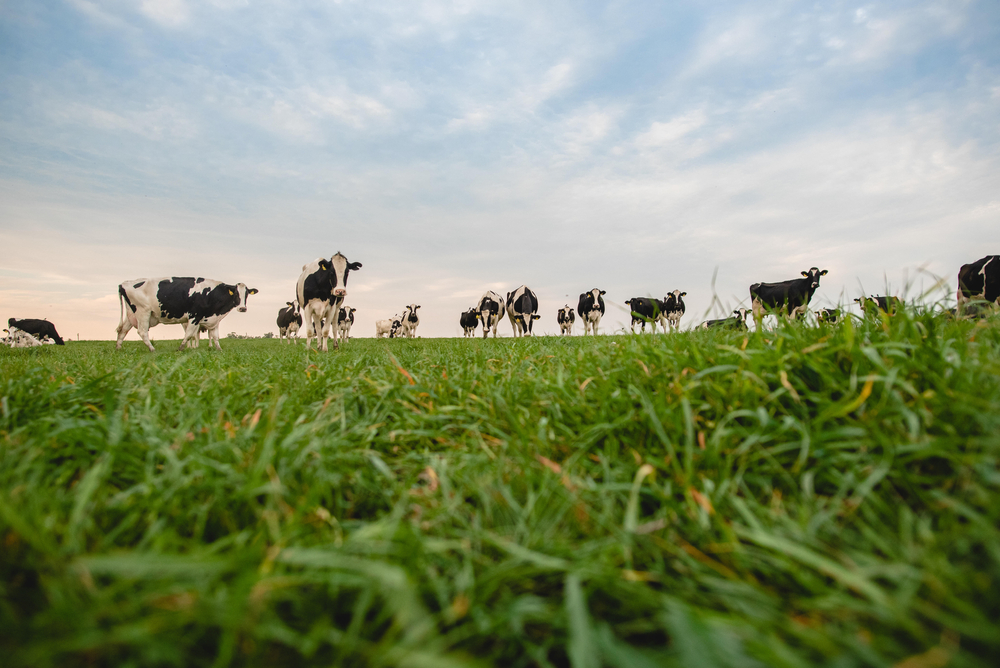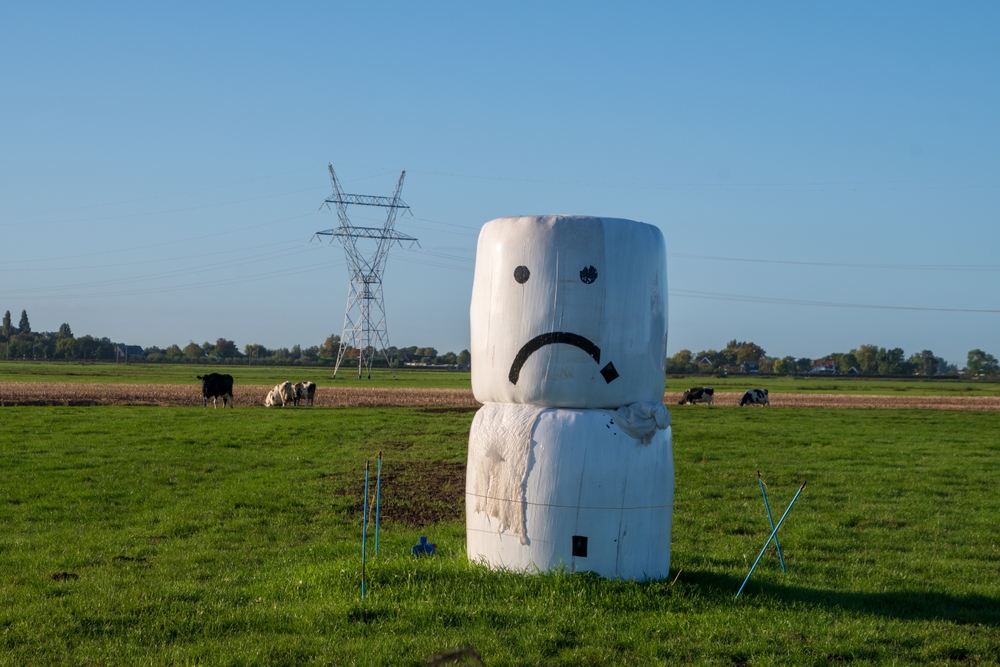European agricultural leader Fabien Santini recently delivered a guest lecture on Agricultural Policy in Wageningen. In addition to answering questions from students, he agreed to an interview with Resource, on the link between politics and science, among other things. An interview in catchphrases.

Fabien Santini is head of the Governance of Agri-food Markets unit within the Directorate General (DG) Agriculture and Rural Development (AGRI) of the European Commission. He is an agro-economist and political scientist and has worked within various European Directorate Generals over the last 25 years.
Santini was invited to Wageningen by Roel Jongeneel and Rico Ihle of the Agricultural Economics and Rural Policy Group. Although the visit had been planned months in advance, its timing amidst the dynamics of farmers’ protests and critical decisions in Brussels on, among others, the Green Deal and Nature Recovery Law was an interesting one. Santini acknowledges that not everyone, including scientists, is happy with the outcome of this process. But much is at stake, he emphasises.
Intersection of challenges
‘Agricultural policy appears to be highly sectoral. But it is not. Agricultural policy is not just about agriculture but is an extremely complex topic that affects many aspects of society. There are many links with geopolitics, energy, culture, climate and the environment in general. Agriculture and food are at the intersection of the challenges we face as a society. This is something I feel I must make clear to students.’
Academic debate – 1
‘The European Commission is frequently viewed as an ivory tower from which decisions are made with no regard for reality. We listen to many different parties, including Wageningen scientists. They tell us how the daily reality and lives of people are influenced by the policies we design and implement and what developments occur. Politicians feed on the debate and on academic debate as well. This helps us determine the collective interest. That is, after all, the core of the European Commission’s work: finding the common interest. That is our added value. Decisions are not made ex nihilo.’
Academic debate – 2
‘There is a lively community of researchers. Their interaction with us is extremely valuable. However, when scientists publicly denounce our policy decisions as disgraceful, I wouldn’t consider that helpful at all. As policymakers, we are expected to pay attention to scientific facts and figures, but we must also consider many other interests and values. The role of scientists is to contribute to the process with knowledge, one of the ingredients for sound decisions. But ultimately, it is not the only ingredient.’
In it together
‘Finding ways to protect our food security while achieving our sustainability and resilience goals is the European goal. It is no coincidence that Europe supports the Paris Climate Agreement and the Kunming-Montreal global biodiversity framework. There is a real need for change but in the right way. There is currently a lot of uncertainty, which leads to fear. The farmers’ protests, for example, express the fear felt within the agricultural sector, which we must take seriously and take into consideration. One cannot simply say we will stick to the plans without moving an inch. I am convinced we are on the right track, and many farmers will agree that we must become more sustainable. However, they also need time and help with the costs that come with that process. I think that sense of reassurance was lacking. Yes, you are also part of our society, and we are in this together.’
On speaking terms
‘Don’t get me wrong, I am not naïve. I am well aware that not all who criticise the Green Deal do so for the common good. Some critics may well focus solely on their own interests. But you cannot lump everyone together. I believe that President Ursula von der Leyen has taken an excellent initiative with her proposal for a strategic dialogue by calling for an end to polarisation and a collective effort to find consensus on a strategy towards our common goal. It is worth trying to get the parties back at the table.’

 The fact that Santini’s visit took place shortly after the farmers’ protests in Brussels was a coincidence. Photo Shutterstock
The fact that Santini’s visit took place shortly after the farmers’ protests in Brussels was a coincidence. Photo Shutterstock 

